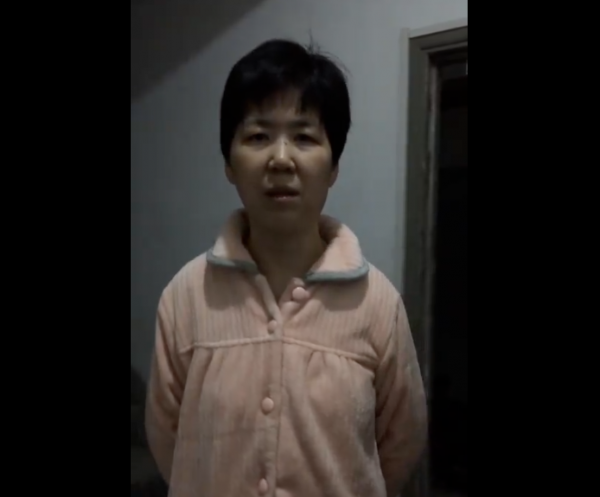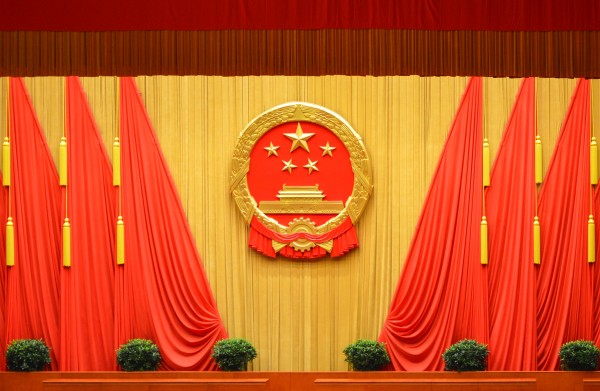On 11 October, 23 retired Chinese Communist Party officials submitted an open letter to the Standing Committee of the National People’s Congress (NPCSC) calling for the abolishment of censorship and the respect of press freedom, in line with Article 35 of China’s Constitution.
The NPCSC includes approximately 150 members and has the power to modify legislation within limits set by the NPC, therefore acting as a de facto legislative body.
The letter, signed by well known political officials – including the former secretary of revolutionary leader Mao Zedong, Li Rui, the former People’s Daily newspaper editor-in-chief Hu Jiwei, the former deputy director of Xinhua News Agency Li Pu, and other former directors and editors of Chinese media outlets – highlights numerous occasions on which the Chinese government has committed to freedom of speech, noting that a failure to respect this right goes against the very principle of “socialist democracy” promoted by the Communist Party of China.
The letter calls for “the system of censorship [to] be dismantled in favour of a system of legal responsibility”. Therefore, “published materials need not pass through approval by Party or government organs, but may be published as soon as the editor-in-chief deems fit. If there are unfavourable outcomes or disputes following publication, the government would be able to intervene and determine according to the law whether there are cases of wrongdoing,” the letter says.
Currently, China’s Propaganda Department gives instructions to the media on a regular basis about which stories should be emphasized, or should be reported from a certain angle and which ones should not be reported at all. Such directives are considered confidential and journalists disclosing them to foreign media can face criminal charges for spreading state secrets.
The 11 October letter also notes that the Propaganda Department heavily censored the content of two speeches held by China’s Premier Wen Jiabao on 21 August 2010 in New York, one at a meeting with American Chinese media and media from Hong Kong and Macao and the second addressing the 65th Session of the United Nations General Assembly. In both speeches, Premier Wen spoke about political reforms. Any reference to reforms was however removed from reports about Wen’s statements published in Chinese media.
“What right does the Central Propaganda Department have to muzzle the speech of the Premier?” the signatories ask in the letter. “What right does it have to rob the people of our nation of their right to know what the Premier has said?”
Commenting on the letter, IPI Press Freedom and Communications Manager Anthony Mills said: “IPI welcomes such a courageous move by some of the key ideologists of China’s Communist Party and hopes that the proposed reforms will be seriously discussed at the upcoming plenary meeting of the CPC Central Committee. The people of China, just like the citizens of any nation, have the fundamental right to uncensored information and to the free expression of their opinions.”
The 17th Central Committee of the Communist Party of China (CPC) is scheduled to meet in Beijing for its fifth plenary session from 15.18 October to discuss China’s 12th Five-Year Program (2011-2015).
An English translation of the letter is available here: http://cmp.hku.hk/2010/10/13/8035/


